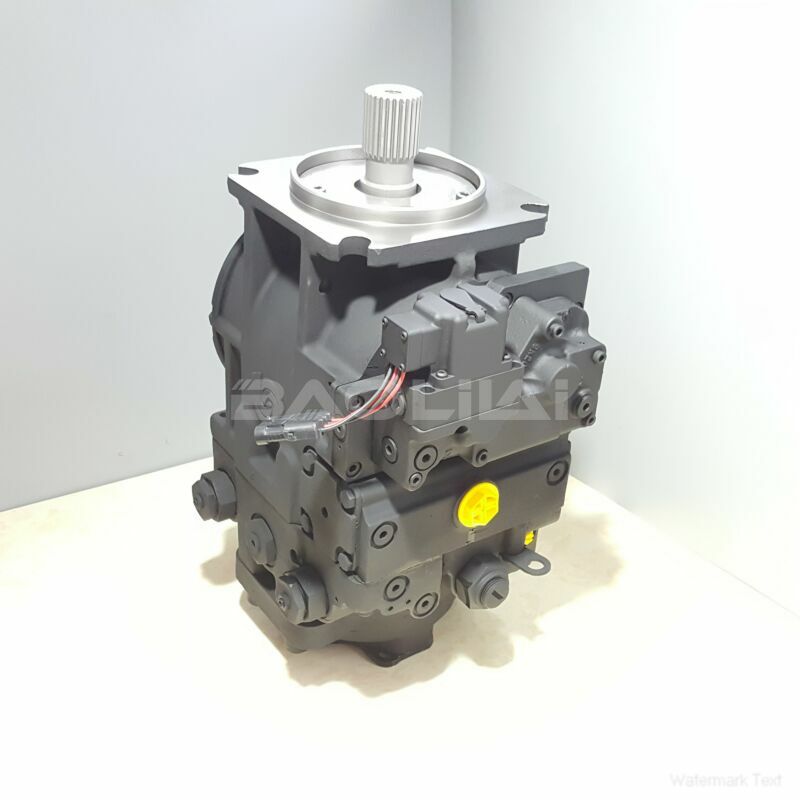90L075KP1BC60S3S1E03GBA353524 danfoss pump
90L075KP1BC60S3S1E03GBA353524 danfoss pump

- Product Details
- Applicable Scene
Nanotechnology, the manipulation of matter on an atomic and molecular scale, has opened new frontiers in research and development across various fields, including medicine, electronics, and materials science. Understanding the properties and behaviors of materials at the nanoscale requires highly precise and controlled environments, and hydraulic oil pumps have emerged as a vital tool in facilitating this research.
90-L-075-KP-1-BC-60-S-3-S1-E-03-GBA-35-35-24
90L075KP1BC60S3S1E03GBA353524
Hydraulic oil pumps serve multiple functions in nanotechnology labs, particularly in systems requiring precise fluid control and actuation. Their ability to efficiently transfer fluid under high pressure allows for the manipulation of materials and substances in a way that is essential for creating nanoscale structures.

9522248
One key application of hydraulic oil pumps in nanotechnology is in the operation of micro-manipulators and automated systems. These devices rely on the precise delivery of hydraulic fluid to control the movement of microscopic components. By regulating the flow and pressure of the hydraulic fluid, researchers can achieve micrometer and nanometer-level precision, which is critical when assembling or positioning nanoparticles or nanostructures.
Additionally, hydraulic oil pumps are integral to systems used for the synthesis of nanomaterials. Various processes, such as hydrothermal synthesis or sol-gel processes, often require a consistent pressure and temperature. Hydraulic pumps can help maintain these parameters, ensuring that reactions occur uniformly, leading to high-quality nanomaterials. The ability to adjust pressure quickly and accurately allows researchers to experiment with different conditions, paving the way for innovative materials with custom properties.
In the realm of nanoparticle characterization, hydraulic oil pumps facilitate methods such as dynamic light scattering and atomic force microscopy. These techniques require precise control over liquid environments and the positioning of samples. By controlling the flow of fluids, hydraulic pumps help sustain the necessary conditions for accurate measurements, thereby improving the reliability of experimental data.





